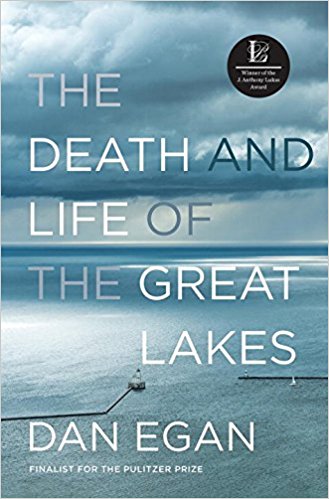
Both ended up costing the Great Lakes, and eventually the whole continent, dearly. All were touted as engineering and economic marvels, sure to bring unprecedented riches to the heartland. Then in 1829 the Welland Canal, which was built to bypass Niagara Falls. First, in 1825, came the Erie Canal, connecting the Hudson River to Lake Erie.

The map of North America “practically taunted the Unites States and Canada” to try connecting the Atlantic Ocean with the Great Lakes.

But then came European settlement and the view that the Lakes were primarily an exploitable economic resource-apparently limitless fishery, advantageous industrial site, convenient sewer, and watery highway into the heart of a continent. The first people to settle around the Great Lakes lived in harmony with the natural bounty.


 0 kommentar(er)
0 kommentar(er)
